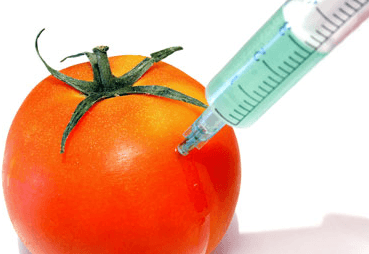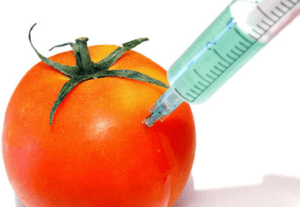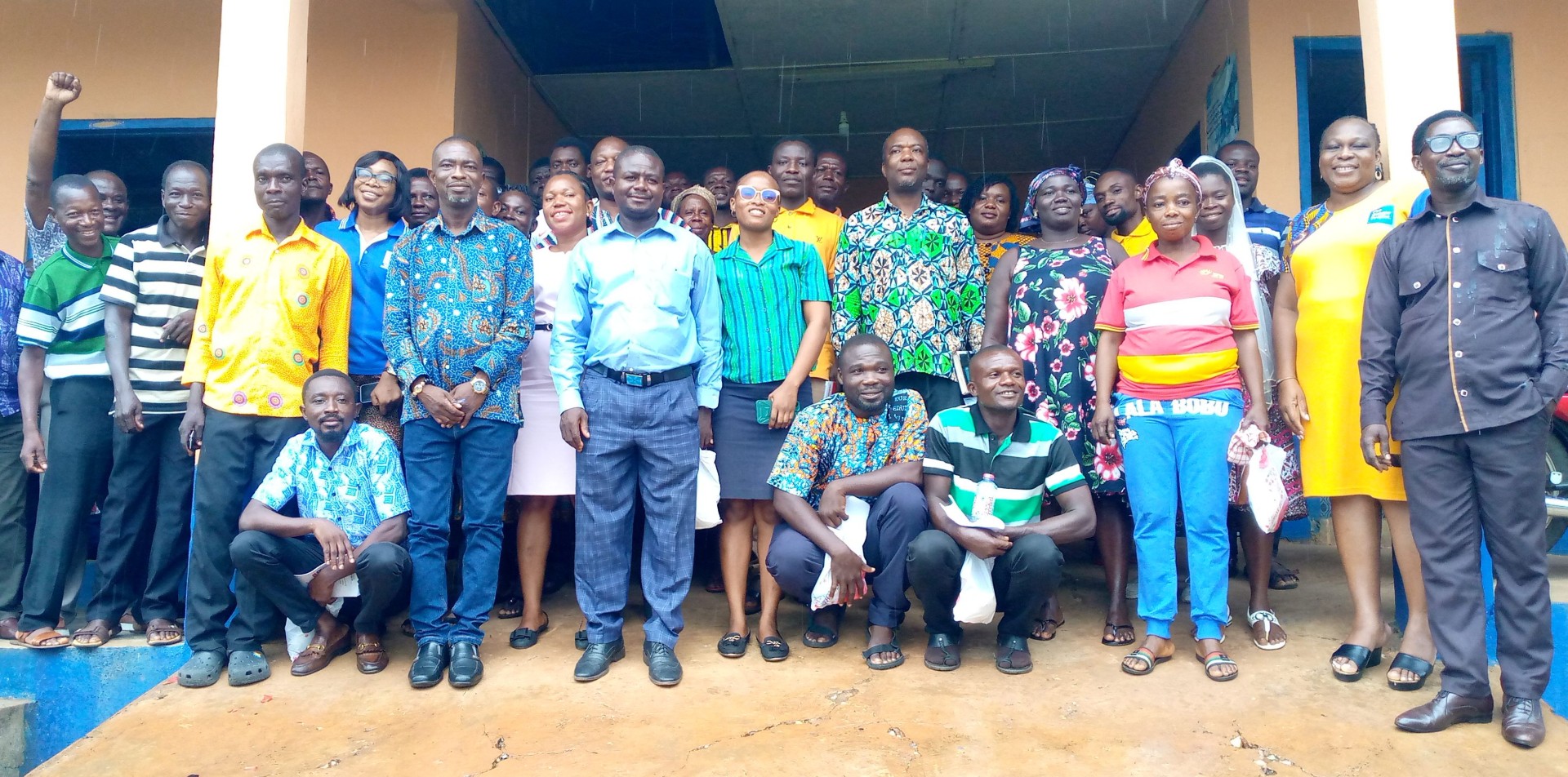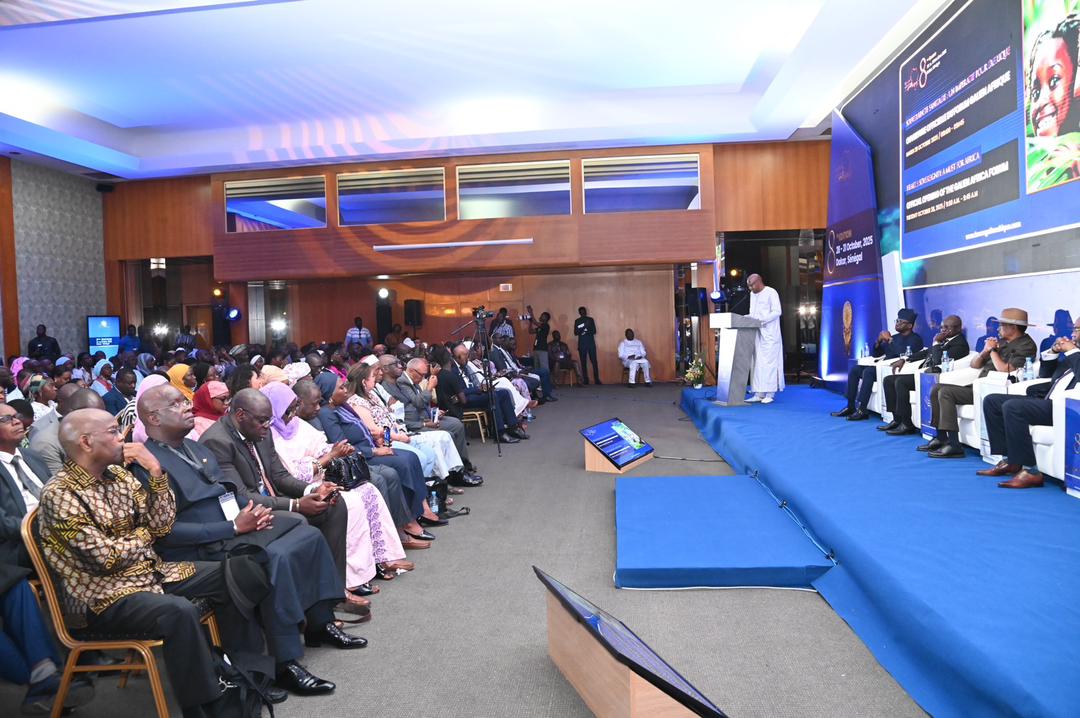

 The Council for Scientific and Industrial Research (CSIR) has assured Ghanaians that Genetically Modified (GM) foods, particularly the Pod Borer Resistant (PBR) cowpea, were safe, nutritious, and beneficial to both farmers and consumers.
The Council for Scientific and Industrial Research (CSIR) has assured Ghanaians that Genetically Modified (GM) foods, particularly the Pod Borer Resistant (PBR) cowpea, were safe, nutritious, and beneficial to both farmers and consumers.
The Scientists said the GM cowpea had not only been proven safe for consumption by the Council and possessed the same nutritional value and tasted as the conventional cowpea but had no health risk and was pest-resistant and increased crop yields.
The assurance was given at an engagement workshop with faith leaders at Bolgatanga, organised by the Open Forum on Agricultural Biotechnology (OFAB) Ghana Chapter, to clarify misconceptions about GM crops.
It was also to highlight the benefits of the country’s first GM crop, the PBR cowpea, released in 2024.
Dr Flora Christine Amagloh, a Senior Food Scientist with the Savannah Agriculture Research Institute of the CSIR (CSIR-SARI), said the GM cowpea retained the same nutritional value as the conventional type and was safe for human consumption.
“Cowpea is a major source of protein in Ghana. Our research shows no significant difference in carbohydrates, protein, fats, or minerals between the PBR cowpea and the conventional type.
“Nutritionally, they are the same and they are safe for consumption, so all the myths around it should be ignored,” she explained.
Dr Amagloh further revealed that sensory evaluation tests conducted on popular Ghanaian dishes such as waakye, tubani, koose, and the famous gari and beans (Gorbe), indicated that consumers found no difference in taste, texture, or appearance.
“In some cases, people even preferred dishes made from the PBR cowpea,” she added.
Dr Gloria Adazebra, a Plant Breeder and Scientist at CSIR-SARI, said the PBR cowpea was developed to address the longstanding challenge of insect infestations on crops.
“Farmers have always complained of spraying eight to ten times in a season, yet they still lose much of their harvest. With the PBR cowpea, only two sprays are needed. This saves farmers money, protects the environment, and ensures higher yields,” she said.
Dr Adazebra noted that faith leaders were deliberately targeted for the engagement because of their strong influence on congregations.
“Once faith leaders understand that science is not in contradiction with faith, they can help demystify biotechnology for their people,” she stressed.
Ms Ama Kudom Agyemang, a member of OFAB Ghana, said biotechnology was critical to the country’s food security in the face of climate change and dwindling farmlands.
“Agricultural lands are shrinking while our population keeps growing. Farmers need better tools, not more land. Biotechnology offers those tools,” she stated.
She urged faith leaders to reassure their congregations that science was not demonic, adding: “The Bible says knowledge shall increase. Science is part of that knowledge. It supplements, not contradicts, our faith.”
Reverend Father Dr Mark Caesar Abagna, the Diocesan Coordinator for Interreligious Dialogue and Ecumenism for the Navrongo-Bolgatanga Diocese, described the workshop as an eye-opener.
“There are so many conspiracy theories around GM foods. People are told they will alter humanity or destroy our health. These are not true. Today’s discussions have been very enlightening and should be extended to more people,” he said.
Another participant, Reverend Goldie Uemuye Patra, said she had previously feared GM foods due to the negative public commentary.
She said the myths she believed had been demystified and now knew GM crops like the PBR cowpea was safe, nutritious, and beneficial to farmers, and had the opportunity to even taste its food (koose) at the workshop and could testify that the taste was the same.
Source: GNA
The post Genetically modified foods safe and nutritious – CSIR Scientists dispel myths appeared first on Ghana Business News.
Read Full Story













Facebook
Twitter
Pinterest
Instagram
Google+
YouTube
LinkedIn
RSS